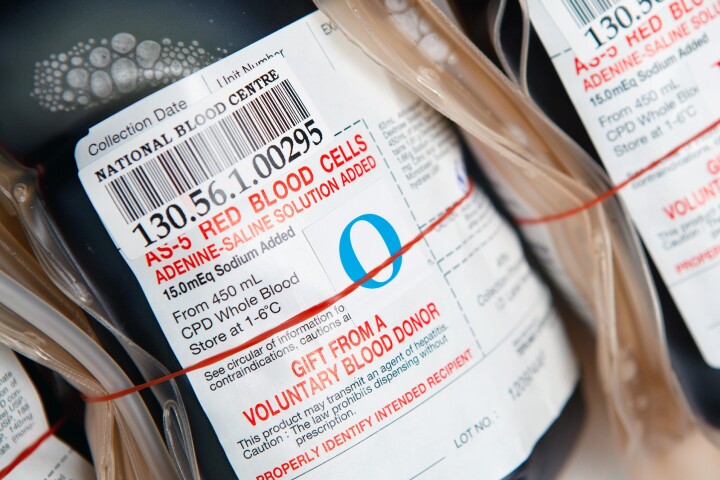April 17, 2009 When it comes to buying consumer electronics, we are factoring energy efficiency into our choices in a bid to cut our household energy consumption, a new study from the Consumer Electronics Association (CEA) has found.
The study, Home Technologies and Energy Efficiency: A Look At Behaviors, Issues and Solutions, found that the most popular method of reducing energy consumption involved the use of smart energy meters, such as the Black & Decker Power Monitor or Energy Detective.
Fifty-six percent of people surveyed indicated they were interested in devices that told them when it was best to run appliances in an effort to save on their utility bills. The study also showed that smart energy meters were much more popular compared to home energy audits, with just one in 10 households conducting a home energy audit in the past two years. Of those that did, however, 61 percent replaced appliances or consumer electronic devices with more energy-efficient models.
Appliance and electronics manufacturers that took steps to make their products environmentally friendly, such as achieving the Energy Star standard, stood to benefit, with 84 percent of consumers surveyed aware of the EPA’s energy efficiency rating. In contrast, only half of those sampled stated they were aware of the term “smart home”, while just 38 percent had heard of “home automation”.
“Manufacturers of energy-efficient products and systems should look for ways to increase their presence and work with these outlets to improve consumer awareness,” says Chris Ely, senior research analyst with CEA.
While the study found that 57 percent of consumers believe an equal mix of behavioral changes and the use of new technology will help them conserve household energy, they would only consider technology to improve energy efficiency within the home if their monthly energy costs rose by 31 percent.
"The possibility of another rise in home energy costs provides CE manufacturers and electronic system contractors the opportunity to educate homeowners on technology and systems that maximize home energy efficiency," Ely says. "With the currently low consumer awareness for terms used by the custom installation industry and the companies that sell smart home products or technologies, there is definitely room for improvement."
Nevertheless, the CEA said it was still heartened by the study's overall results, which showed more and more consumers thinking about energy efficiency when deciding to buy not only electronics for the home but also products, such as smart energy meters, that promoted energy conservation.
The Home Technologies and Energy Efficiency: A Look At Behaviors, Issues and Solutions study is available free to CEA member companies. Non-members can purchase it online for USD$699.
Darren Quick




